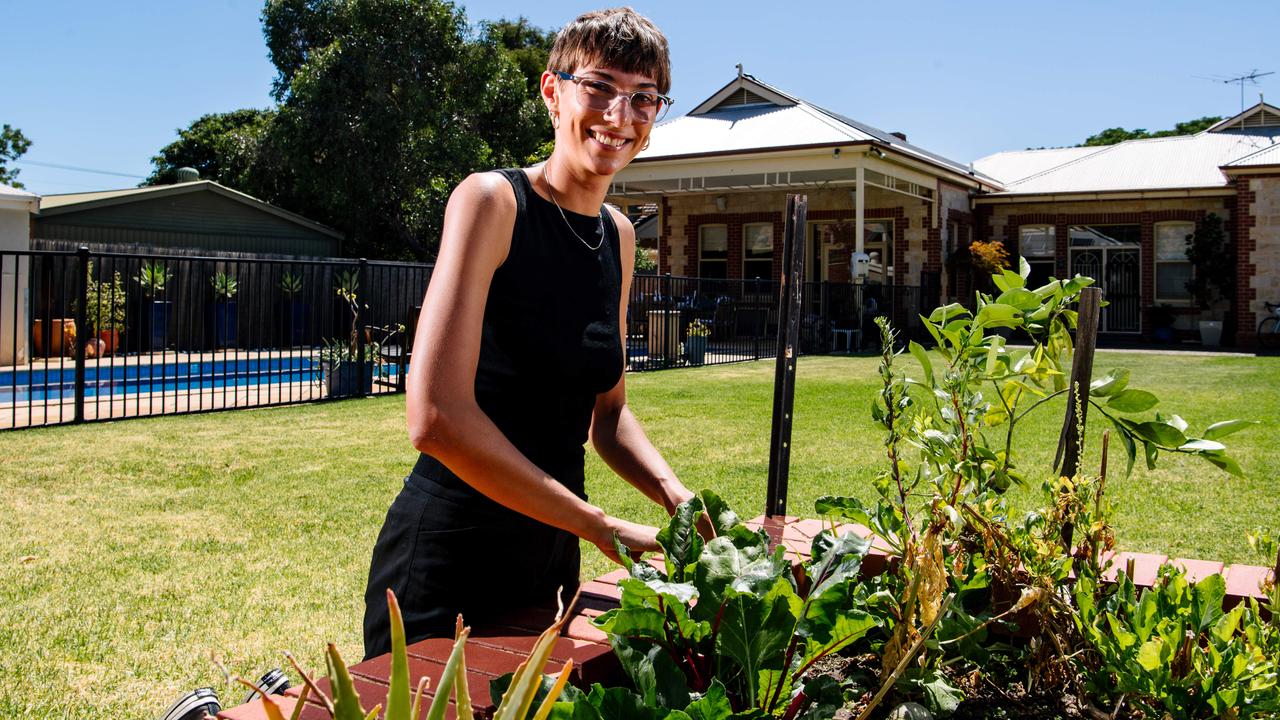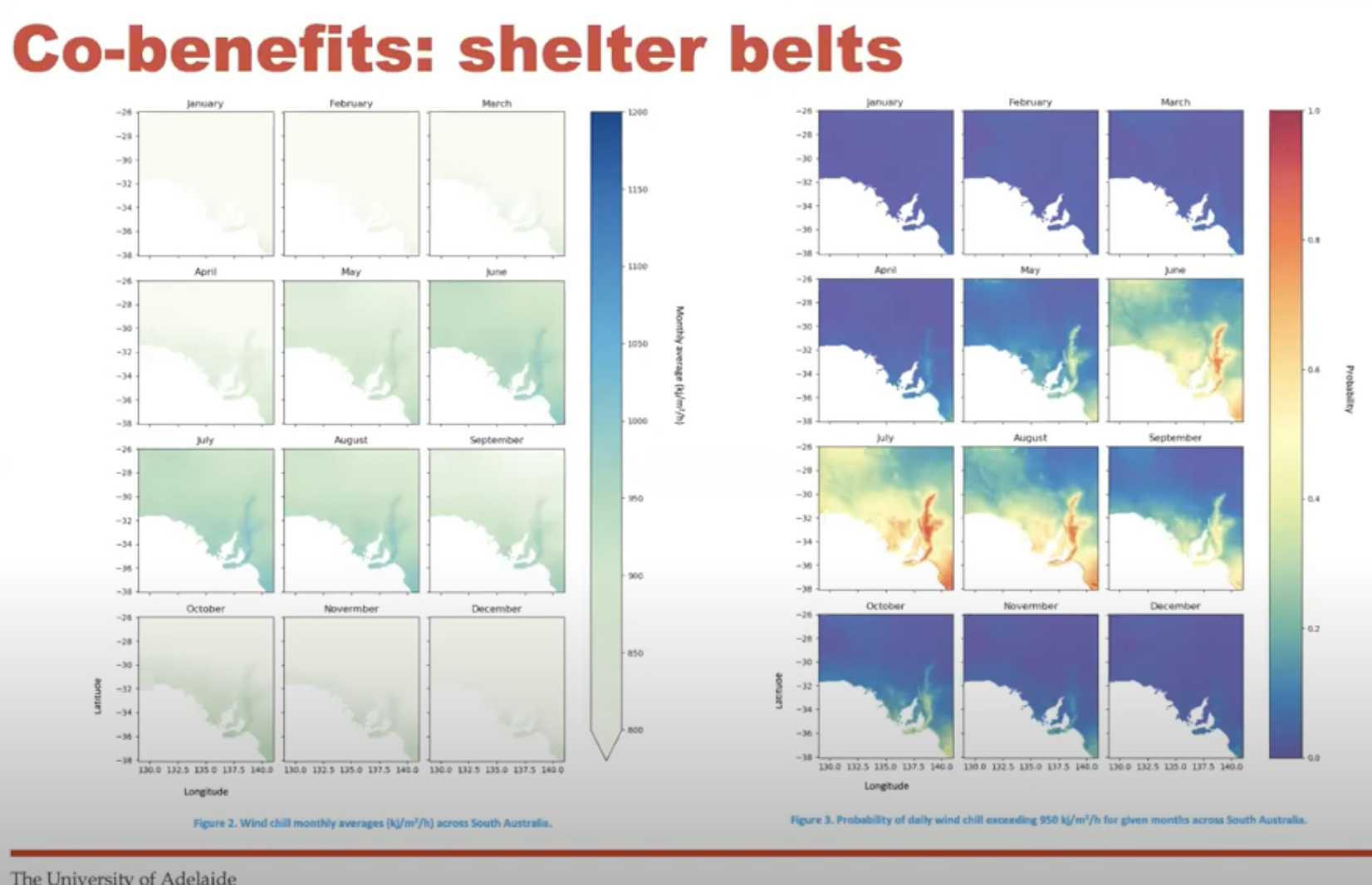Researchers from the University of Adelaide and the South Australian Research and Development Institute (SARDI), the research division of the Department of Primary Industries and Regions (PIRSA), will examine soil DNA samples collected over the past 20 years to improve productivity, profitability and resilience for Australia’s agricultural sector.
BLOGS WEBSITE
Digging deep to unlock soil secrets

The project – “Past, present and future drivers of soil change” – is led by Professor Timothy Cavagnaro from the University of Adelaide, and Dr Rhiannon Schilling from SARDI, regional farming system groups Birchip Cropping Group and Kalyx Australia; and the Thomas Elder Institute.
Professor Cavagnaro said the project would analyse how soil biology composition has changed since the early 2000s across a time period when crop yields have almost doubled.
“This project will result in new and advanced knowledge that will help secure long-term agricultural productivity.”Professor Timothy Cavagnaro
“We would like to find out if the diversity and composition of soil communities of past farming systems has changed from those of present farming systems,” said Professor Cavagnaro.
“If it has changed, can we introduce practices from past farming systems, or amplify practices of current farming systems, that further maximise the diversity of current day farming systems?
“In other words, can we have the best of both worlds?
“This project will result in new and advanced knowledge that will help secure long-term agricultural productivity.”
The project will draw on SARDI’s extensive soil DNA sample archive, held by the SARDI Molecular Diagnostic Centre, with more than 10,000 samples collected from cropping paddocks across Australia.
“A key feature of this work is that it will involve work on farm to validate findings,” said Professor Cavagnaro.
“This on farm approach provides an excellent opportunity to help ground and guide the research.”
Dr Schilling added, “This new study is an opportunity to learn from historical changes in soil biology composition and to use these to identify key drivers in our farming systems. By learning from the past, we aim to enhance future on-farm management decisions focused on optimising soil biology to increase crop productivity.”
The project is due to start in mid-2022, with final reporting expected in late 2025.
The project has secured more than $3 million in funding from the Federal Government’s Soil Science Challenge program, run by the Department of Agriculture, Water and the Environment.
Originally published in the News.
Comments are closed.



